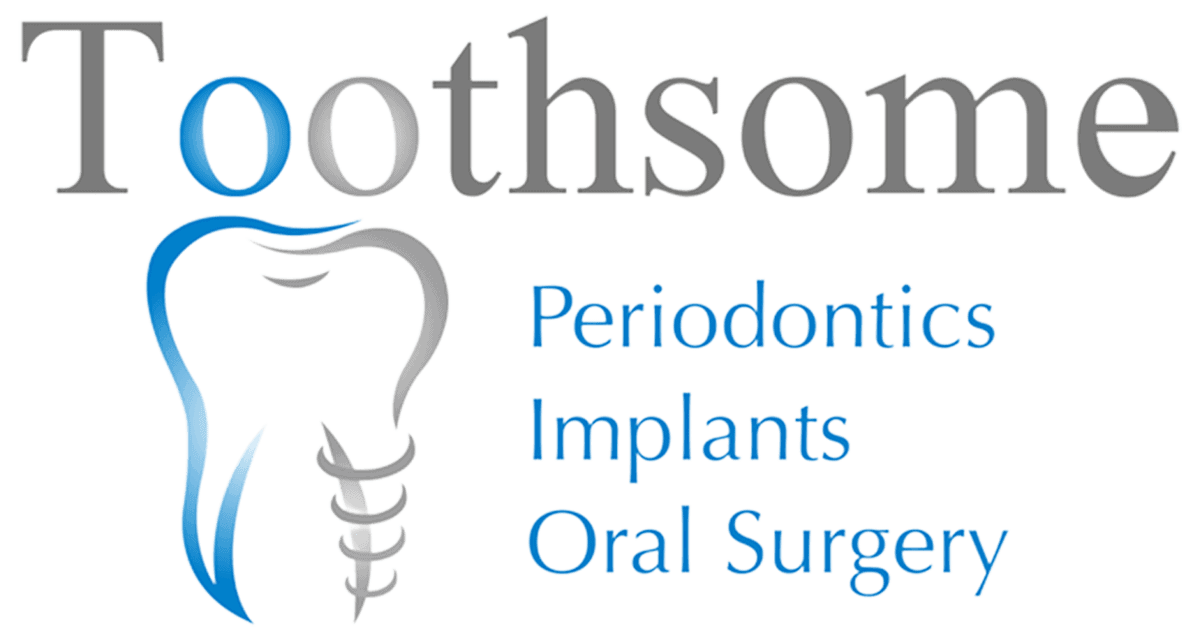What Is Gingivitis VS Periodontitis?
Gingivitis and periodontitis are both stages of gum disease but differ significantly in their severity and potential consequences. Gingivitis, the initial stage, is characterised by inflammation and bleeding of the gums caused by bacterial plaque accumulation. It’s reversible with good oral hygiene and professional treatment. If not untreated, gingivitis can lead to periodontitis, a severe condition.
Periodontitis affects not only the gums but also the structures supporting the teeth, leading to potential tooth loss. It may also have systemic implications, potentially impacting overall health. Both conditions emphasise the importance of regular dental care and hygiene for gum health.
What are the symptoms of gingivitis VS periodontitis?
Gingivitis and periodontitis share some common symptoms, but periodontitis can present additional, more serious signs due to its more advanced nature.
Symptoms of Gingivitis include:
- Swollen or inflamed gums
- Dark red gums
- Pain during brush or floss
- Bad breath (halitosis)
- Receding gums
- Tender gums
- Bleeding gums
Gingivitis typically involves inflammation and bleeding of the gums but not bone loss. If left untreated, however, gingivitis can progress to periodontitis.
Symptoms of Periodontitis include:
- All the symptoms of gingivitis
- New spaces developing between your teeth
- Pus between your teeth and gums
- Foul taste in your mouth that doesn’t go away after brushing or flossing
- Loose or shifting teeth
- Changes in the way your teeth are aligned together when you bite
- Receding gums or longer-appearing teeth
- Pain when chewing
The primary difference between the two stages is that periodontitis also involves the destruction of the bone supporting the teeth, which can cause tooth loss if not treated.
If you notice any signs of gingivitis or periodontitis, it’s important to schedule a visit with your dentist as soon as possible to prevent further progression of the disease.
Understanding Gingivitis VS Periodontitis

Gingivitis and periodontitis represent two stages of gum disease, each with distinct characteristics and implications. While gingivitis is a milder, reversible form of gum disease, periodontitis is a more severe disease that can cause tooth loss and other health complications.
Both result from an adverse reaction to bacterial plaque accumulated on the teeth and underline the importance of regular oral hygiene and dental care.
Gingivitis
Gingivitis, the first stage of gum disease, is inflammation of the gum tissue caused by an accumulation of bacterial plaque on the teeth. Without proper oral hygiene, bacteria in the mouth form plaque on the teeth, which produces toxins that irritate the gum tissue.
Common symptoms of gingivitis include swollen, tender gums that bleed easily, particularly during brushing or flossing. Other signs include smelly breath and changes in the colour of the gums from a healthy pink to red.
However, gingivitis doesn’t always lead to discomfort, making it easy to overlook. But even if it’s not causing immediate pain, it’s essential to address gingivitis promptly. This early stage of gum disease is reversible with good dental hygiene, including regular brushing, flossing, and professional cleanings.
Prevention of gingivitis also extends beyond oral hygiene practices. Lifestyle factors such as a balanced diet, refraining from smoking, and managing conditions like diabetes can contribute to overall oral health. Regular dental check-ups are crucial for early detection and treatment of gingivitis.
Dentists can remove plaque that regular brushing and flossing might miss and provide personalised advice on maintaining oral health.
Periodontitis
Gingivitis, if not treated, can cause periodontitis, a more serious type of gum disease. Unlike gingivitis, which affects only the gum tissue, periodontitis involves the degeneration of the bone and tissues that hold the teeth in place.
In periodontitis, gums pull backwards from the teeth, forming pockets that can become infected as the plaque grows below the gum line. As the body’s immune system fights the bacteria, the plaque and the body’s response to it start to break down the bone and connective tissue that hold teeth in place.
The initial stage of periodontitis is characterised by slight to moderate bone loss. As the disease progresses, more supporting bone is destroyed, and the teeth may become loose. This advanced stage of periodontitis can lead to severe health problems, including tooth loss.
Notably, periodontitis can also have systemic implications. Research has associated severe periodontitis with heart disease, stroke, uncontrolled diabetes, and preterm labour.
Treatment of periodontitis requires professional dental care, including deep cleaning treatments, such as scaling, which remove plaque and tartar from the deep pus pockets and smooth the tooth root for the removal of bacterial poisons. In severe cases, surgery may be required.
Comparison and Importance of Early Intervention
While both gingivitis and periodontitis originate from the same root cause – the accumulation of bacterial plaque – their impacts vary drastically. Gingivitis is a mild gum disease, restricted to gum inflammation and completely reversible with proper care.
Periodontitis, on the other hand, is a far graver condition that can lead to tooth loss and has been linked to other systemic diseases.
It’s crucial to remember that periodontitis is typically preceded by gingivitis. Thus, maintaining regular oral hygiene and attending dental check-ups for early identification and treatment of gingivitis is of paramount importance to prevent severe gum disease.
Moreover, the relationship between oral health and general health cannot be overstated. Oral health is interconnected with overall health, and poor oral health can contribute to various diseases and conditions, including heart disease and diabetes.
Both gingivitis and periodontitis highlight the importance of oral hygiene, regular dental check-ups, and why it is important to treat gum disease. They show that simple daily actions like brushing and flossing, combined with professional cleanings, can have profound effects on one’s oral health and overall well-being.
With the right care and attention, gum disease can be prevented or managed effectively, significantly improving quality of life.
What Will A Dentist Do In Case Of Gingivitis and Periodontitis?
Dentists play a critical role in managing both gingivitis and periodontitis. Their intervention is necessary for the diagnosis, treatment, and prevention of these gum diseases.
Gingivitis:

- Professional Dental Cleaning: During regular check-ups, a dentist or dental hygienist removes plaque and tartar through a process called scaling. Regular professional cleanings are crucial to prevent and treat gingivitis.
- Oral Hygiene Instruction: Dentists provide instructions on effective home care techniques to remove plaque, including proper brushing and flossing techniques.
- Lifestyle Recommendations: Dentists offer advice on lifestyle changes that can decrease the risk of gingivitis, such as quitting smoking and managing underlying health conditions like diabetes.
- Antimicrobial Mouth Rinse: Dentists might recommend a prescription antimicrobial mouthwash as part of your daily oral hygiene routine to control the bacterial growth causing gingivitis.
Periodontitis:
- Deep Cleaning (Scaling and Root Planing): This procedure goes beyond standard cleaning. Scaling involves scraping off the tartar from around the gum line. Root planing smooths rough spots on the tooth root where germs gather, helping remove bacteria that contribute to the disease.
- Medication: Several medicinal treatments can help control the infection, such as prescription antimicrobial mouth rinse, antiseptic chips, antibiotic gel, or oral antibiotics.
- Surgical Treatments: If non-surgical methods are ineffective, surgical treatments like flap surgery/pocket reduction surgery, soft tissue grafts, bone grafting, guided tissue regeneration, or applying a protein that stimulates tissue growth might be necessary.
- Maintenance: After the initial phase of treatment, periodontal patients require regular and more frequent check-ups and cleanings (typically every 3-4 months).
Remember, the goal of treatment is to control the infection, and any measures taken depend on the severity of the gum disease and the patient’s response to previous treatments. Always consult your dentist for the most suitable treatment plan for you.
What Kind Of Other Health Risks Are Posed By Gingivitis and Periodontitis?
Gingivitis and periodontitis are not only detrimental to oral health but can also contribute to various systemic health issues.
Heart Disease and Stroke:
- The inflammation caused by periodontitis can lead to hardened arteries or atherosclerosis, a condition that often leads to heart disease and stroke. The bacteria from gum infection can get into the bloodstream and attach to blood vessels, contributing to clot formation.
Respiratory Disease:
The same bacteria that cause gum infection can move through the bloodstream to the lungs, causing respiratory diseases like pneumonia.
Diabetes:
While diabetes increases the risk of developing periodontitis, periodontitis can also exacerbate diabetes by making blood sugar harder to control.
Pregnancy Complications:
Pregnant women with periodontitis may deliver premature and/or low birth-weight babies, possibly due to the increased levels of labour-inducing chemicals in the body caused by the disease.
Rheumatoid Arthritis:
Several studies have shown that individuals with rheumatoid arthritis are more likely to have periodontal disease than those without the condition. The two diseases share a similar destructive inflammatory process.
Cognitive Decline:
Some research suggests a potential link between periodontitis and Alzheimer’s disease, with oral bacteria and their products potentially contributing to brain inflammation. Dentists or dental professionals let gum disease compromise your quality of life! At Toothsome, our team of experienced dentists or dental professionals is ready to guide you on the path to better oral health. Whether you’re battling advanced gum disease, require oral surgery, or are considering dental implants, our dentists have the expertise and advanced technology to provide top-tier care.
Contact us at Toothsome Implants Chatswood to schedule your consultation and take the first step towards a healthier, more confident smile.



